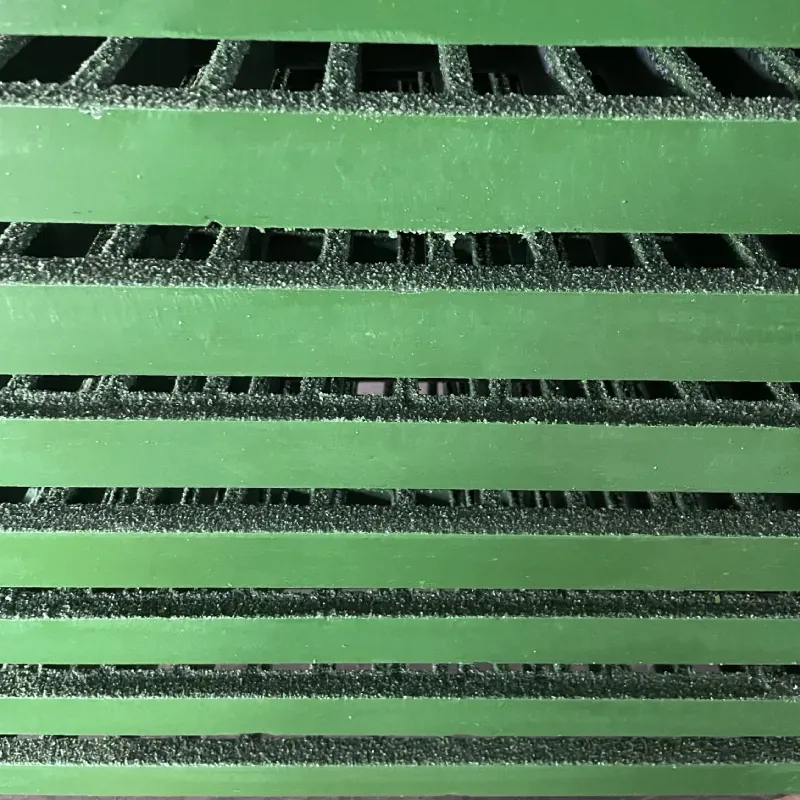loading...
- No. 9, Xingyuan South Street, Dongwaihuan Road, Zaoqiang County, Hengshui, Hebei, China
- admin@zjcomposites.com
- +86 15097380338
- Welcome to visit our website!
Water Conditioning and Filtration Solutions for Improved Water Quality at Home
Understanding Water Softeners and Filter Systems A Comprehensive Guide
Water quality is an essential aspect of our daily lives, impacting everything from our health to the performance of household appliances. Two crucial systems that homeowners often consider are water softeners and water filter systems. While both serve to improve water quality, they function in very different ways and address different concerns.
Water Softeners
Water softeners are designed to combat hard water, which contains high levels of minerals such as calcium and magnesium. These minerals can cause a number of issues, including scale buildup in pipes and appliances, reduced soap effectiveness, and dry skin and hair. A water softener works by utilizing a process called ion exchange. It replaces the hard minerals in the water with sodium ions, effectively softening the water. This process not only enhances the performance of soaps and detergents, allowing them to lather better, but also protects plumbing systems and appliances, extending their lifespan and increasing efficiency.
Investing in a water softener can significantly reduce maintenance costs associated with hard water, such as the need for descaling appliances and plumbing repairs
. Moreover, softer water can lead to an improvement in skin and hair health, providing a more pleasant bathing experience.Water Filter Systems
water softener and filter system

On the other hand, water filter systems are employed to remove contaminants and impurities from drinking water. These might include chlorine, sediment, heavy metals, bacteria, and other harmful substances that can affect taste and safety. Filtering methods vary widely, with options including activated carbon filters, reverse osmosis systems, and UV filters, each tailored to address specific contaminants.
For instance, activated carbon filters are effective at improving taste and removing chlorine, making them popular choices for faucet-mounted or pitcher-style filters. Reverse osmosis systems offer a more comprehensive solution, removing a wide range of contaminants including those that are dissolved in water. UV filters utilize ultraviolet light to sterilize water, effectively eliminating bacteria and viruses.
Choosing the Right System
When deciding between a water softener and a water filter system, it’s essential to consider your specific water quality concerns. If you struggle with hard water and its accompanying issues, a water softener is likely the best choice. Conversely, if your primary concern is the safety and taste of your drinking water, a filtration system will be more beneficial.
In many cases, homeowners may choose to install both systems to enjoy the advantages of softened water along with clean, safe drinking water. Understanding the difference between these two systems is crucial for making informed decisions that can lead to healthier, more enjoyable living conditions. Regardless of your choice, ensuring water quality is a pivotal step towards enhancing your overall well-being.
-
Transform Your Spaces with FRP Grating SolutionsNewsNov.04,2024
-
The Versatility and Strength of FRP RodsNewsNov.04,2024
-
The Excellence of Fiberglass Water TanksNewsNov.04,2024
-
The Benefits of FRP Grating for Your ProjectsNewsNov.04,2024
-
Elevate Your Efficiency with FRP Pressure VesselsNewsNov.04,2024
-
Welcome to the World of FRP Pressure VesselsNewsOct.12,2024
-
Unveiling the Future of Filtration: Why FRP Filter Vessels are a Game ChangerNewsOct.12,2024
